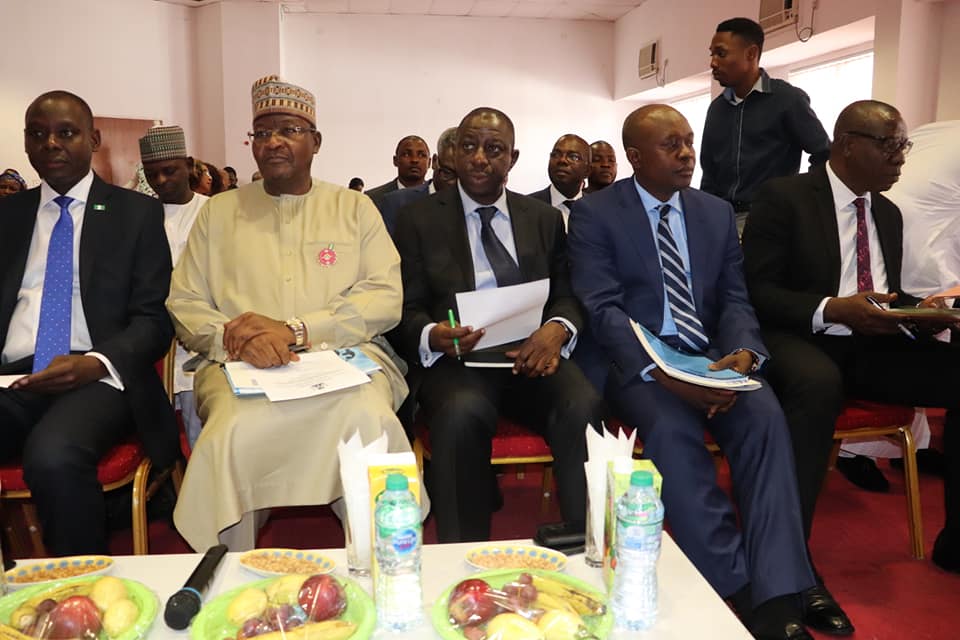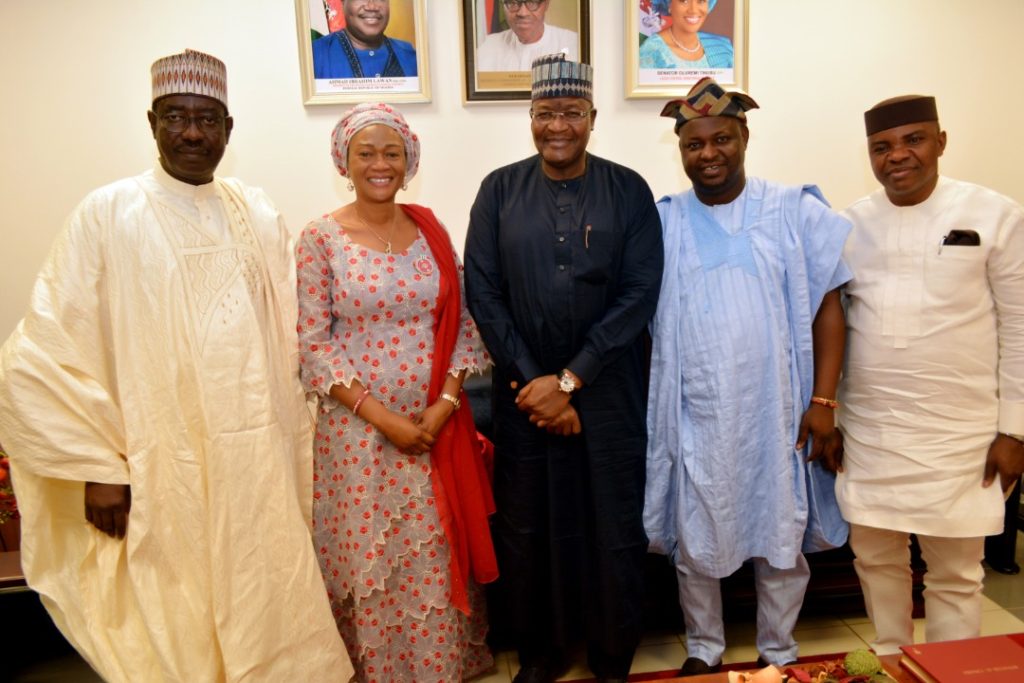
Telecommunication sector in Nigeria is about to witness a tremendous infrastructure growth as a total budget of 387,275,238.00 United States Dollar is proposed to be spent to improve the sector by year 2020.
The Executive Vice Chairman (EVC) of the Nigerian Communication Commission, Prof. Umar Danbatta, made this known yesterday at the National Assembly during the 2019 budget performance review and 2020 budget proposal defence of the commission and the Universal Service Provision Fund (USPF).
According to Danbatta, the proposed total budget which is about N140 billion, when converted to Nigeria currency using the current exchange rate timeline, covers the provision of more Base Transceiver Base Station (BTS) among other connectivity infrastructure.

Nigerian currently has 41,000 short supply of base transceiver station according to the telecommunication regulator chief who explained that the proposed 2020 budget covers the provision of increasing the numbers of the base station from the current 39,000 to the required 80,000 to bridge access gap and substantially address connectivity issues in the country.
Danbatta also informed the legislators about the challenges hindering faster deployment of telecoms infrastructure and requested the support of the National Assembly as the Commission also propose to deploy broadband access points in each of the 774 Local Government Areas of Nigeria.
The actual cost of providing a single base station may however not be ascertained as this is determined often by the reflexes of the foreign exchange rates

However, the EVC affirmed that once the Commission gets the needed support where the commission is experiencing challenges, connectivity will be better and so will the quality of telecom service delivery.
Danbatta reiterated that on the home front, there is need for State governments to implement the N145 approved by the Federal Executive Committee (FEC) as the amount to be charged for fibre per metre by the mobile operators.
“As we speak, there is no indication that all the states are complying with the resolution of the National Economic Council in this regard.
“This has to be addressed because it is encumbering accelerated infrastructure rollout by the operators coupled with several other challenges such as multiple taxation and regulation as well as vandalism.
“These challenges are undermining our determination to achieve a more robust and pervasive telecommunication experience for the people of Nigeria in keeping with the vision of President Buhari’s administration,” Danbatta said.
Members of the joint NASS Committee, chaired by Senator Oluremi Tinubu, acknowledged the cost-cutting measures of the Commission as reflected in 2020 budget proposal of the Commission which showed a drastic reduction in many aspects of recurrent expenditure.
The Committee members however sought for clarifications and satisfactory answers on aspects of the budget performance and the proposals.
Tinubu said “the NCC’s 2020 budget indicates compliance with the direction of President Muhammadu Buhari to run a more efficient government through effective cost-cutting measures.”









What do you people think about this report?